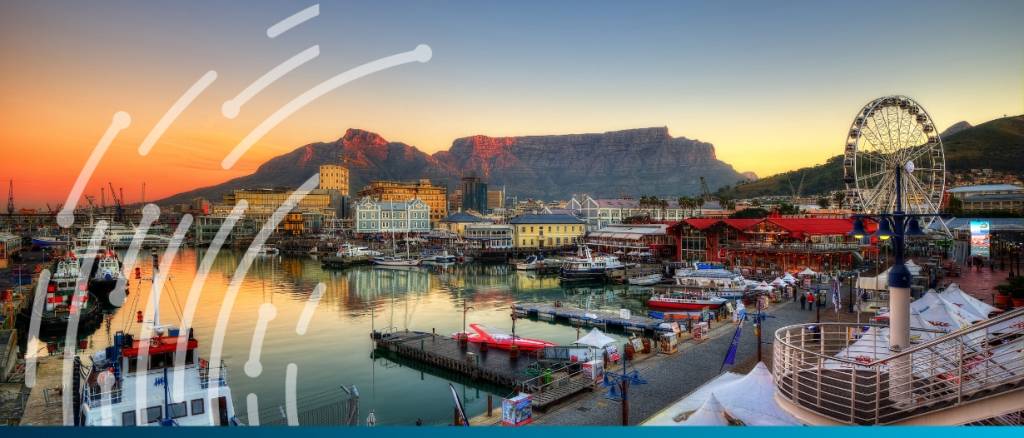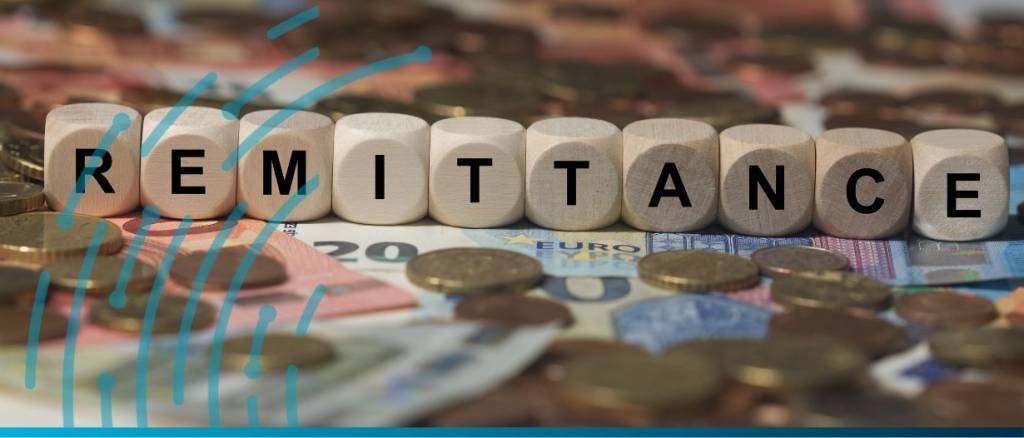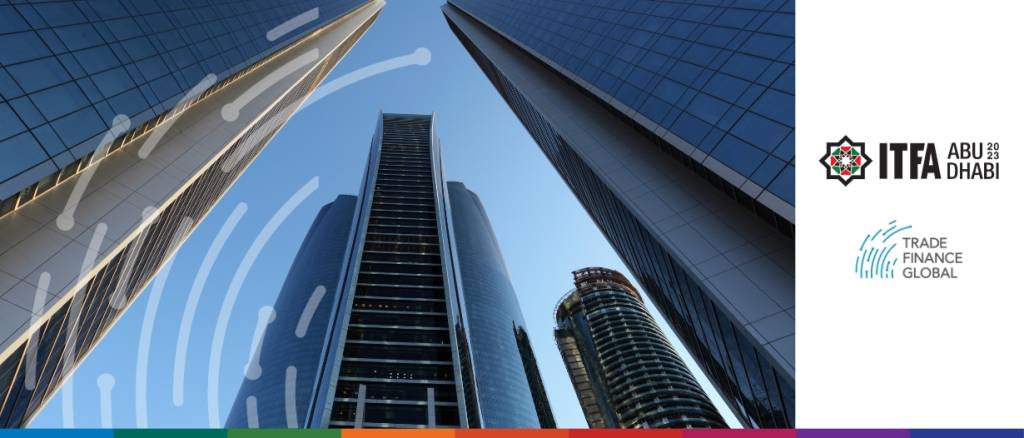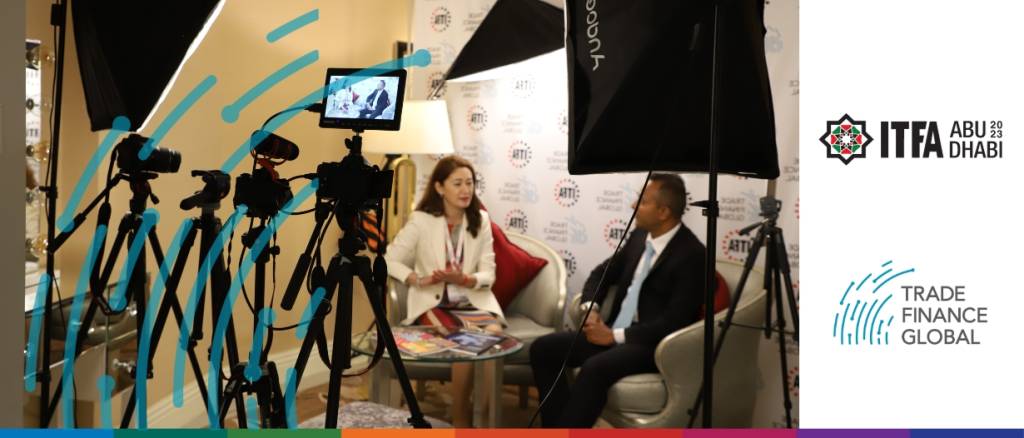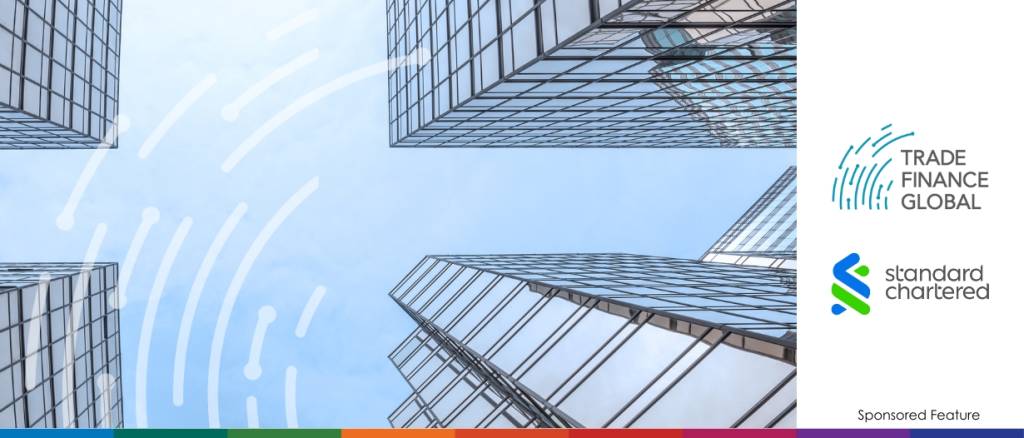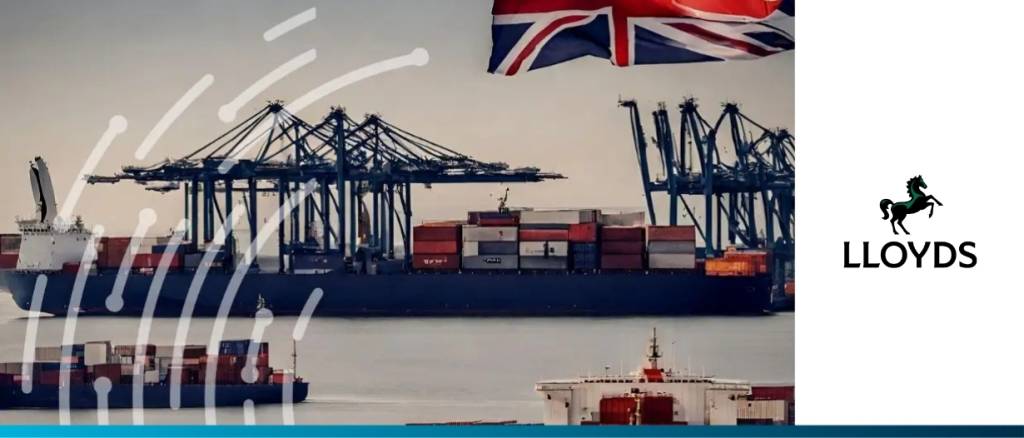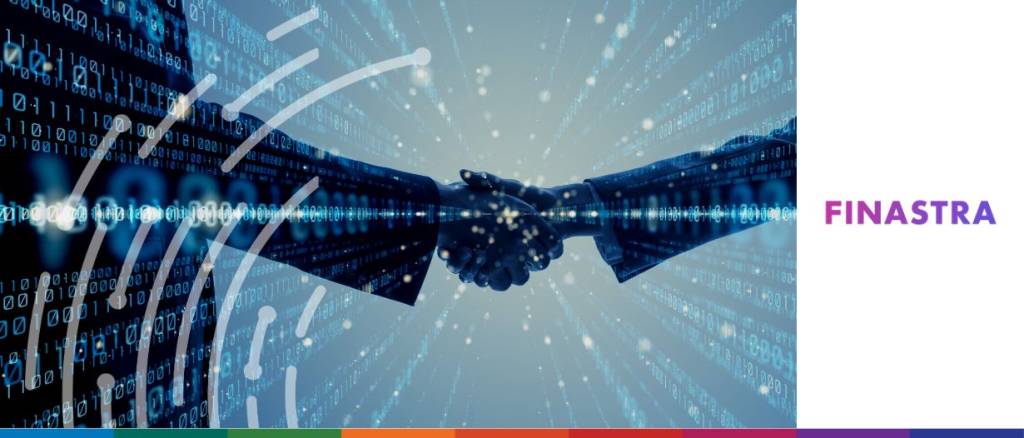MC13 has been extended by an additional day, entering its fifth day, as countries continue negotiations on key agreements.
The World Bank has granted nearly $300 million to the Eastern and Southern African Trade and Development Bank (TDB) to enhance distributed renewable energy (DRE) and clean cooking ventures within… read more →
Remittances to countries with low and middle incomes experienced a growth of 3.8% in 2023, showing a slowdown compared to the substantial increases of the preceding two years.
At the International Trade Forfaiting Association (ITFA) 49th Annual Trade and Forfaiting Conference in Abu Dhabi, TFG’s Deepesh Patel spoke to Silja Calac, Board Member, and head of the ITFA Insurance Committee to learn more about credit risk insurance and its importance for trade, as well as specific aspects of the implementation of the Basel 3.1 Regulation.
At the ITFA annual conference in Abu Dhabi, TFG’s Mark Abrams spoke with Nishit Kumar, Senior Director, Head of Loan Syndications and Distribution at Mashreq Bank, and Kamola Burikhodjaeva, Executive Director, Head of Americas Distribution at J.P. Morgan.
In the realm of trade, treasury and payments, the quest for seamless transactions and the bridging of technological divides has taken centre stage. At Sibos 2023 in Toronto, the panel “Corporate to Bank APIs for Guarantees – Are we Future Ready?” focused on the role of standardisation in driving technological development for the industry.
Lloyds Bank published its “Trade Insights: The changing face of UK trade” report, offering a comprehensive analysis of the evolving landscape of UK trade. The report highlights the transformative changes… read more →
Finastra today announced a multi-year global agreement with Microsoft focused on trade platform modernisation, building on the existing availability of Finastra Trade Innovation in the cloud. Delivering the full functionality of… read more →
Visa and Swift today announced a collaboration to streamline international business-to-business (B2B) payments by strengthening connectivity between their networks that move trillions in value globally. Working together, the organisations aim… read more →
Transitioning from documents to pixels, from cash to virtual payment gateways, and from local markets to international ones, the sweeping transformation of global trade into the digital world is redesigning the trade finance ecosystem. The alliance between ClearEye and J.P. Morgan represents the metamorphosis of the future of trade finance digitisation.
















